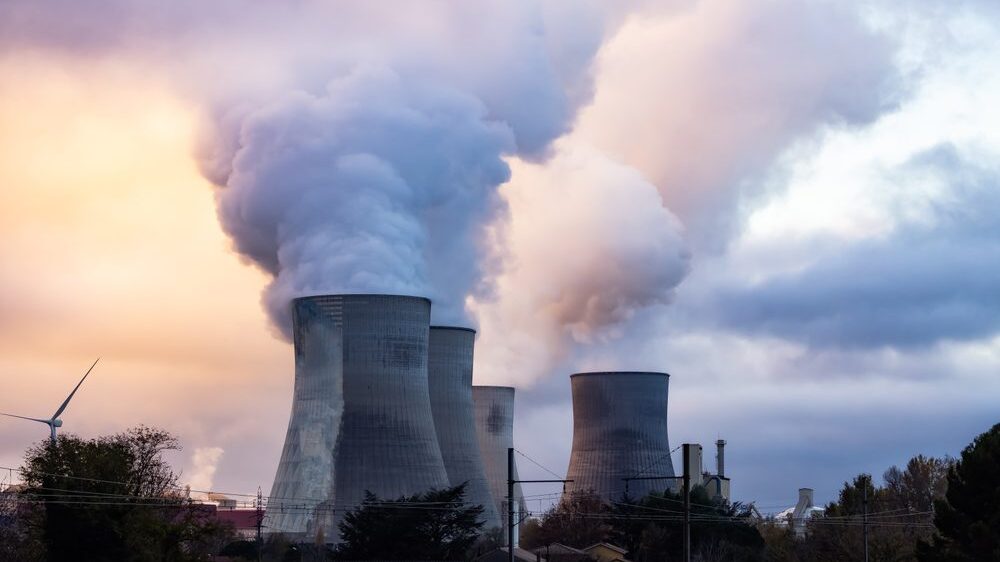
Nuclear power plant near Cruas, France.
Photo: EB Adventure Photography / Shutterstock
European countries are still feeling the pinch of being cut off from Russian gas as the German Federal Network Agency, the Bundesnetzagentur, has revealed that the country will be dependent on purchasing electricity this winter from neighbouring France, relying on French nuclear power.
The current German leftist coalition of the left-wing Social Democrats (SPD), the Greens, and the pro-free market Free Democrats (FDP) have confirmed the findings of the “needs analysis” conducted by the agency, which regulates electricity, gas, and other utilities, according to a report from the German tabloid Bild.
The analysis comes just two months after the coalition, nicknamed the traffic light coalition due to the red, yellow, and green colours of the parties involved, shut down the remaining nuclear reactors within Germany, despite nuclear power being a clean source of energy.
In a last-ditch effort, a group of scientists and professors, including two Nobel laureates, called on German Chancellor Olaf Scholz to keep the nuclear reactors online, noting that the three plants shut down by the government had the capacity to provide as much as a quarter of the electricity needs for German households.
Director of the International Energy Agency (IEA) Fatih Biro also condemned the closures, saying the move was naive, and added that Germany should have at least delayed shutting down the reactors in case of winter shortages.
Much of the push to scrap nuclear power in Germany has been spearheaded by the Green Party, which advocates a push for other forms of clean energy such as solar and wind.
While Germany has embraced solar and wind power, both sources combined only accounted for around 33% of Germany’s total electricity production last year. The government has stated that it hopes as much as 80% of electricity production comes from renewable sources by 2030.
Energy Minister Robert Habeck, a member of the Greens, promised in May to scrap bureaucratic issues regarding solar power in order to greatly expand installations.
Habeck has been controversial on the topic of energy in the past, once suggesting to an interviewer that factories and industrial plants simply stop production to avoid possible bankruptcy due to high prices and energy shortages.
The bizarre statement led to the interviewer asking Minister Habeck, “How can [businesses] not expect big losses if they pay people but don’t sell anything anymore?”
According to Bild, German electricity imports have increased in the first three months of this year by 15.2% while exports of electricity have declined by 9.8% and since April, Germany has been importing more electricity than it exports.
Michael Kruse, a member of the FDP and part of the ruling coalition, told the newspaper,
The energy transition of the Greens is largely based on nuclear power from France. This is critical because it is not available to Germans and companies here as cheaply as the electricity from the German nuclear power plants that have just been shut down.
The continued energy crisis stems almost wholly from the cut-off of Russian natural gas, of which Germany was, at one time, the leading purchaser in all of Europe, with 55% of German natural gas being imported from Russia in 2022.
Earlier this year, the German government triumphantly claimed that the country was no longer reliant on Russian natural gas as Finance Minister Christian Lidner stated,
Yes, of course, Germany is still dependent on energy imports, but today, not from Russian imports but from global markets.
Despite the comments from Lidner, some have estimated that it could take years for Germany to be able to fully replace Russian natural gas pipeline imports with other sources of gas, such as liquefied natural gas (LNG).
